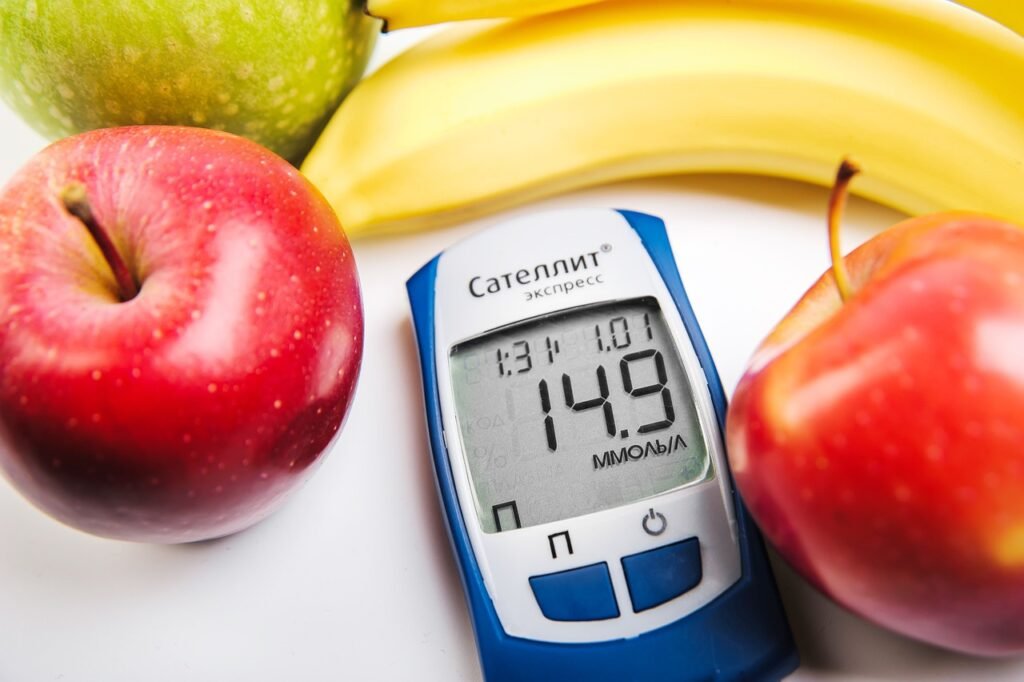The Mediterranean diet, renowned for its heart-healthy and nutrient-rich foods, offers a perfect blend of taste and nutrition. From the golden elixir of extra virgin olive oil to the vibrant freshness of tomatoes, this diet is packed with wholesome ingredients that boost your health well. Whether you are looking to improve your heart health, enhance your brain function, or simply enjoy a variety of delicious meals, the Mediterranean diet plan has something for everyone.
Table of Contents
Introduction
Are you ready to transform you’re eating habits with the celebrated Mediterranean diet? Known for its delicious and health-boosting foods, this diet has captured the hearts and taste buds of people worldwide. But what exactly makes it so special? The secret lies in its foundation: a variety of wholesome, nutrient-rich foods that promise not only to tantalize your palate but also to boost your overall well-being. Dive into this guide to discover the top 10 Mediterranean diet foods that can help you lead a healthier, happier life.
1. Extra Virgin Olive Oil
Extra virgin olive oil is the dominant in Mediterranean diet. Rich in monounsaturated fats, it plays a crucial role in reducing inflammation and improving heart health. This golden elixir is not only used for cooking but also as a dressing for salads and vegetables. Its high antioxidant content helps combat oxidative stress, a key factor in aging and chronic diseases. It improved your brain function and lower risk of Alzheimer’s disease. Its anti-inflammatory properties make it a must-have in your daily diet. You drizzle olive oil over your salads, use it to sauté vegetables, or simply enjoy a spoonful as part of your morning routine.
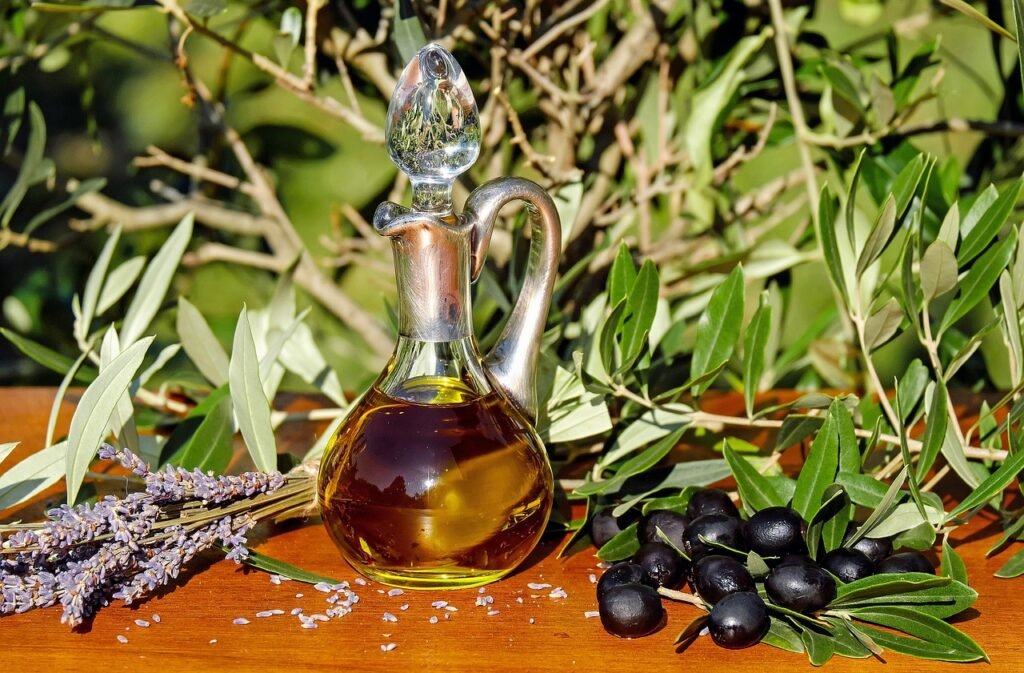
2. Leafy Greens
Leafy greens such as spinach, kale, and Swiss chard are full of vitamins, minerals, and antioxidants. They have low calories but high in fiber, making them perfect for maintaining a healthy weight. These greens veggies are a staple in many Mediterranean dishes, from salads to soups. These leafy greens provide a significant amount of vitamins A, C, and K, as well as folate, iron and calcium. These nutrients support bone health, boost immunity, and improve skin health. You can add a handful of spinach to your morning smoothie, mix kale into your salad or sauté Swiss chard with garlic and olive oil for a tasty side dish.
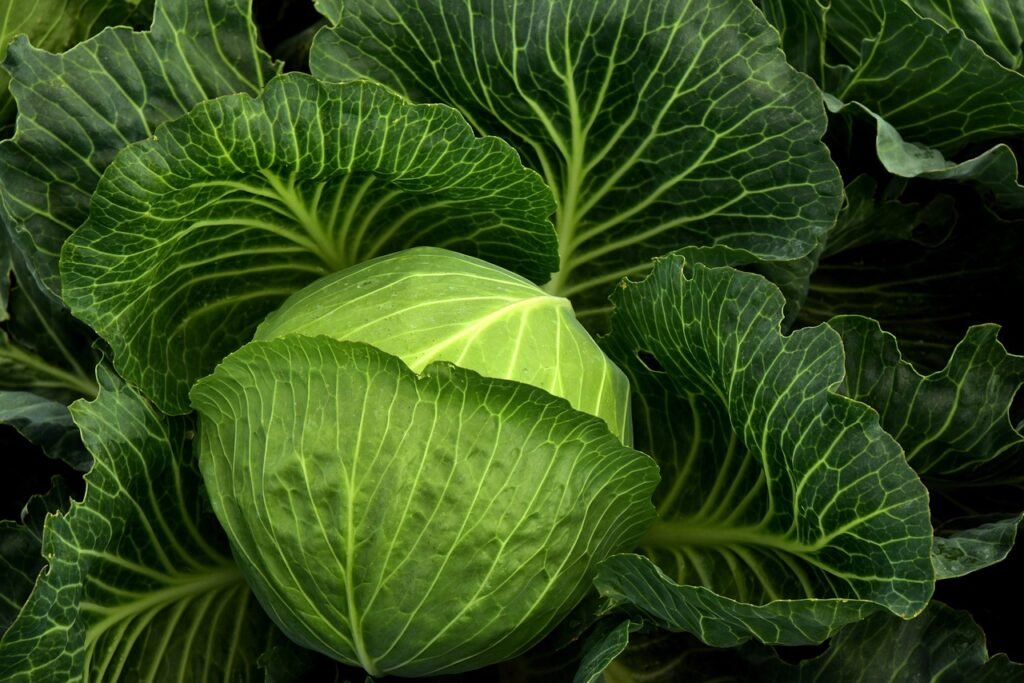
3. Fatty Fish
Fatty fish, like salmon, mackerel and sardines are rich in omega-3 fatty acids, which are essential for heart health. These healthy fats help lower triglycerides, reduce inflammation, and may even decrease the risk of heart disease. Omega-3s are also known to support brain health and cognitive function, reduce symptoms of depression, and improve joint health. For better experience grill or bake salmon with a squeeze of lemon, add sardines to your salads or enjoy mackerel as a delicious main dish.

4. Nuts and Seeds
Nuts and seeds are excellent sources of healthy fats, protein and fiber. Almonds, walnuts, flaxseeds and chia seeds are particularly popular in the Mediterranean diet. They are perfect for snacking or adding a crunchy texture to your meals. These nutrient-dense foods help reduce cholesterol levels, lower blood pressure, and support weight management. The ideas to enjoy nuts with, sprinkle chia seeds over yogurt, add walnuts to salad or snack on a handful of almonds for an energy boost.
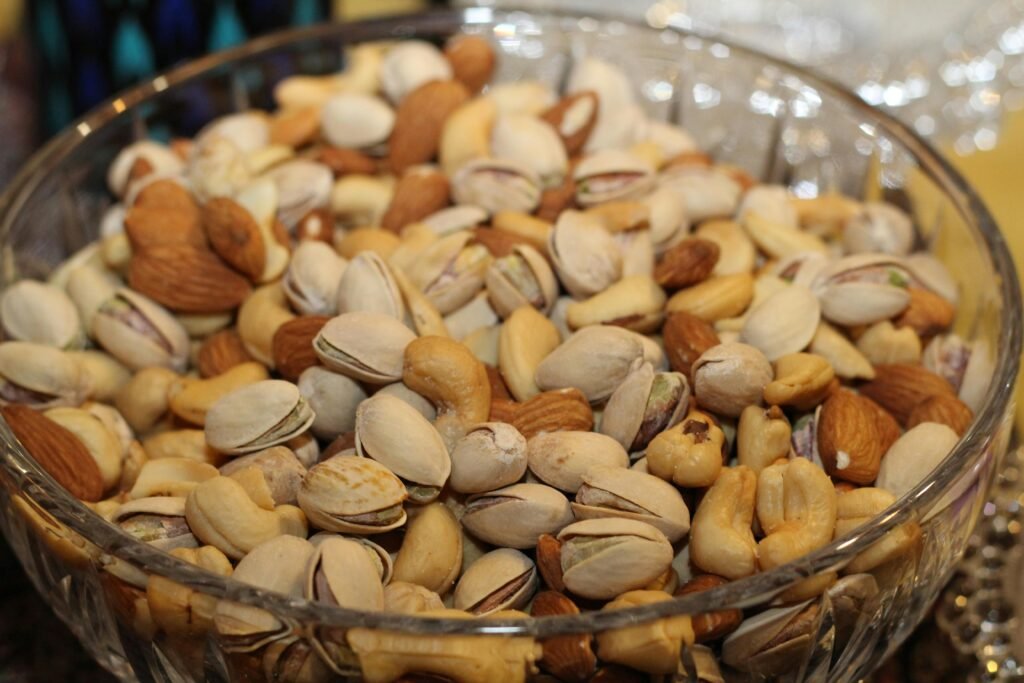
5. Whole Grains
Whole grains like quinoa, barley, and farro are rich in fiber, vitamins and minerals. They provide sustained energy and keep you feeling full longer. Whole grains are a healthier alternative to refined grains and are a key component of the mediterranean diet. Whole grains support digestive health, help regulate blood sugar levels, and reduce the risk of chronic diseases. You can use quinoa as a base for your salads, enjoy a bowl of barley soup, or mix farro with roasted vegetables for a hearty meal.
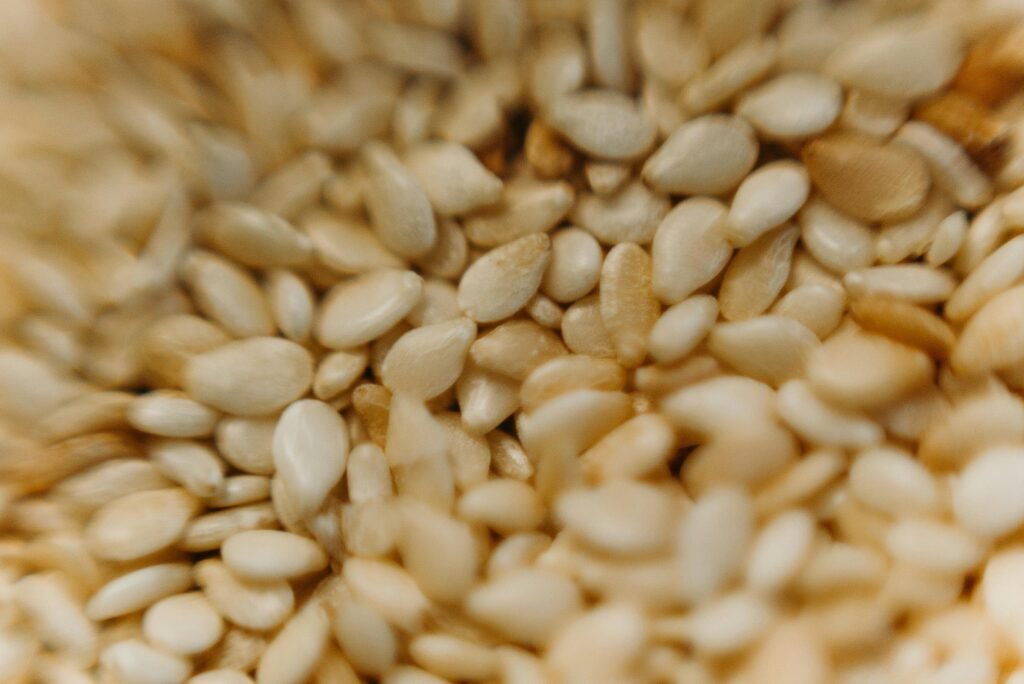
6. Legumes
Legumes such as lentils, chickpeas and black beans are high in protein and fiber. They are versatile, affordable and an essential part of the mediterranean diet. Legumes help improve digestion, stabilize blood sugar levels, and support heart health. They are also rich in iron, magnesium, and potassium, which are crucial for maintaining muscle and nerve function. How can you use them to make your meal tasty? Make a lentil stew, add chickpeas to your salads or create a black bean dip for a nutritious snack.
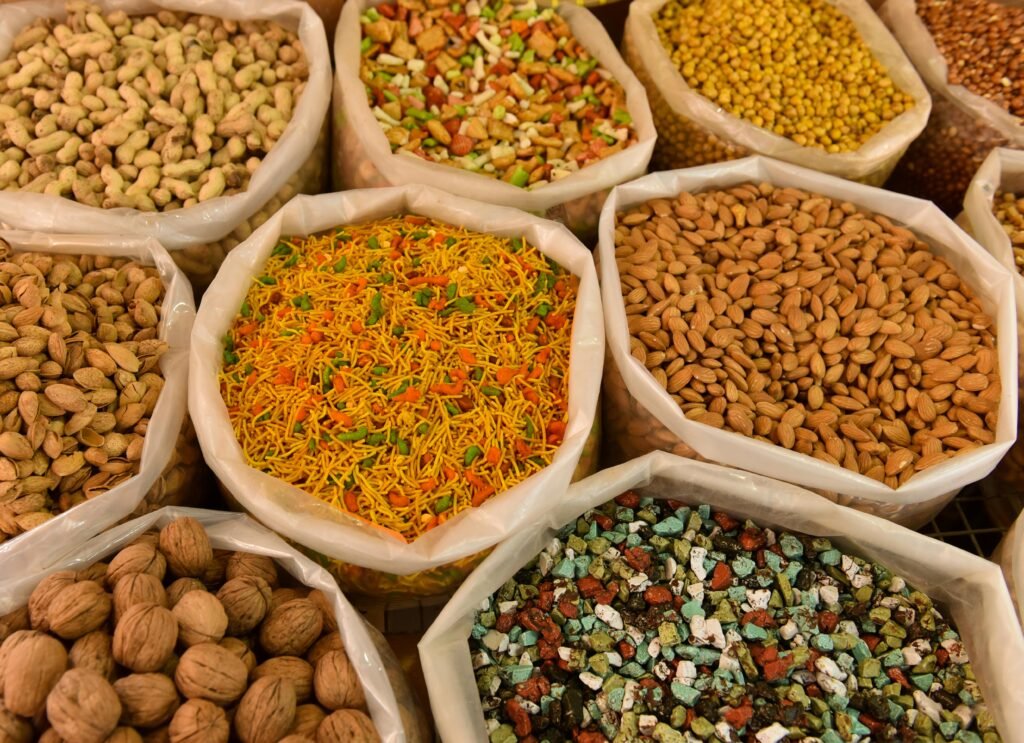
Share you great experience with us. Feel free to comment.
7. Fresh Fruits
Fresh fruits like berries, apples and oranges are rich in vitamins, minerals and antioxidants. They are a natural source of sweetness and an essential part of the mediterranean diet. Consuming a variety of fruits helps improve overall health and reduces the risk of chronic diseases. Fruits provide essential nutrients like vitamin C, potassium, and dietary fiber, which support immune function, heart health and digestion. To enjoy healthy meal, add a fruit salad for breakfast, snack on an apple during the day, or add berries to your yogurt or cereal.
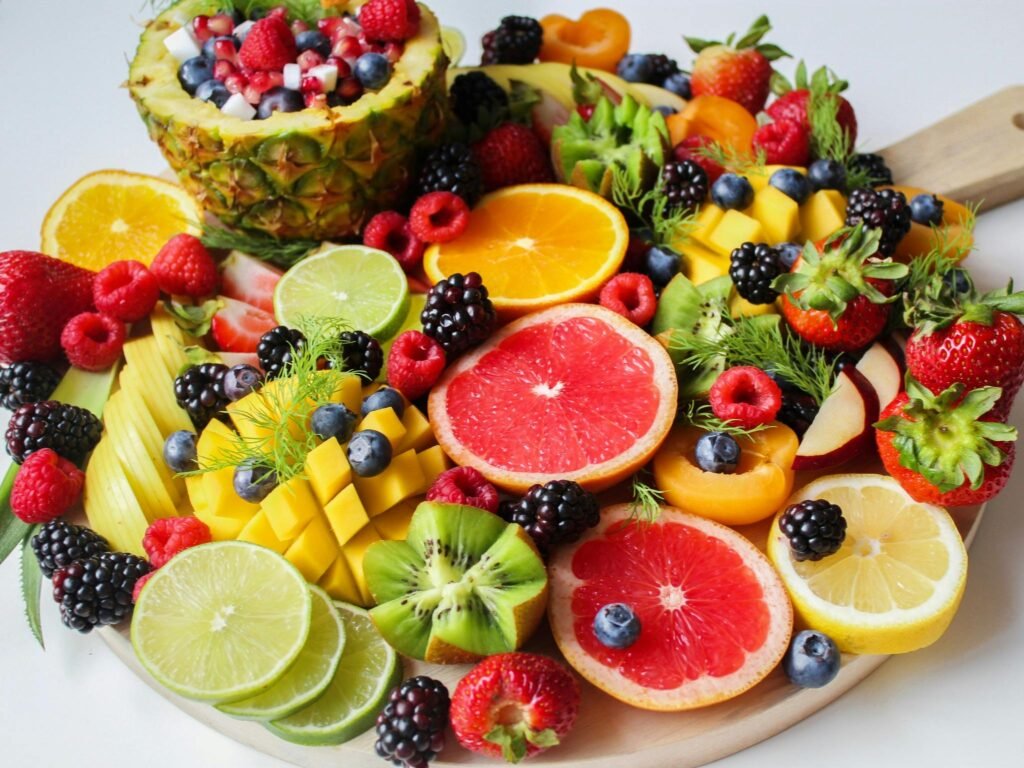
8. Tomatoes
Tomatoes are a staple in mediterranean diet, known for their vibrant color and rich flavor. They are packed with antioxidants like lycopene, which has been linked to reduced risk of heart disease and certain cancers. Tomatoes are also a good source of vitamin C, potassium and folate, contributing to overall health and well-being.
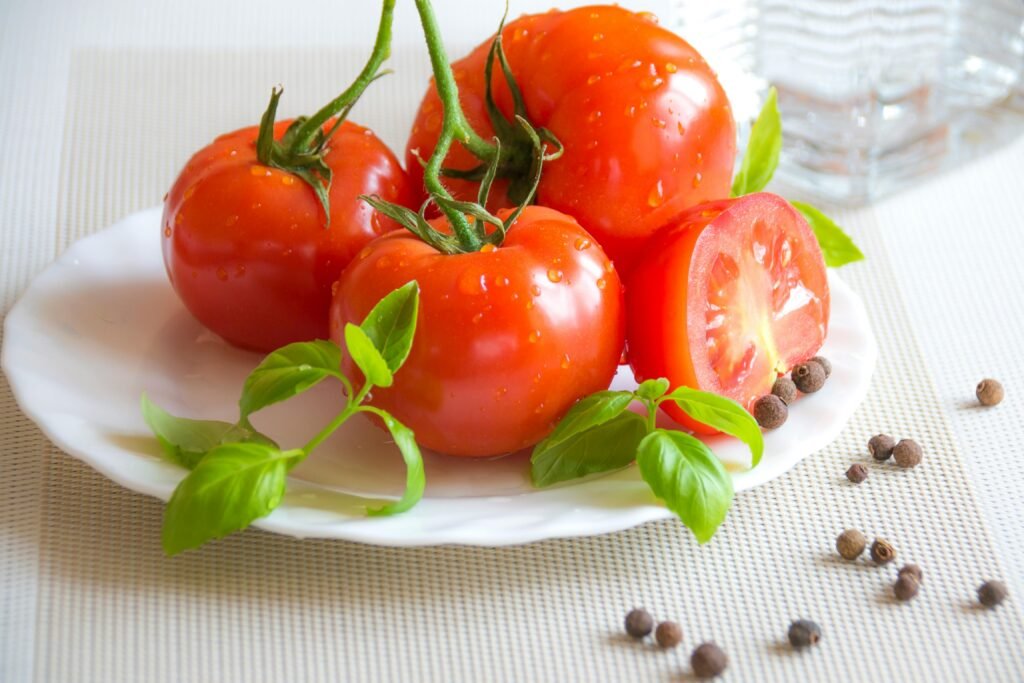
Use fresh tomatoes into your salads, use them in sauces for pasta or enjoy them as a refreshing snack.
9. Greek Yogurt
Greek yogurt is a protein-rich food that’s beneficial for gut health. It contains probiotics, which support a healthy digestive system and boost immunity. Greek yogurt is thicker and creamier than regular yogurt, making it a satisfying addition to your diet. It is a good source of calcium, which is important for bone health and provides essential vitamins like B12 and riboflavin. Use Greek yogurt with fresh fruits and honey for breakfast, use it as a base for smoothies, or incorporate it into sauces and dressings to make your meal interesting

10. Herbs and Spices
Herbs and spices like basil, oregano, rosemary and garlic add flavor to mediterranean dishes without extra calories or sodium. They are rich in antioxidants and have anti-inflammatory properties, contributing to overall health. Many herbs and spices have medicinal properties that can help reduce inflammation, boost immunity, and improve digestion. Now better to add fresh basil to salads, use oregano in pasta sauces, or flavor roasted vegetables with rosemary and garlic.
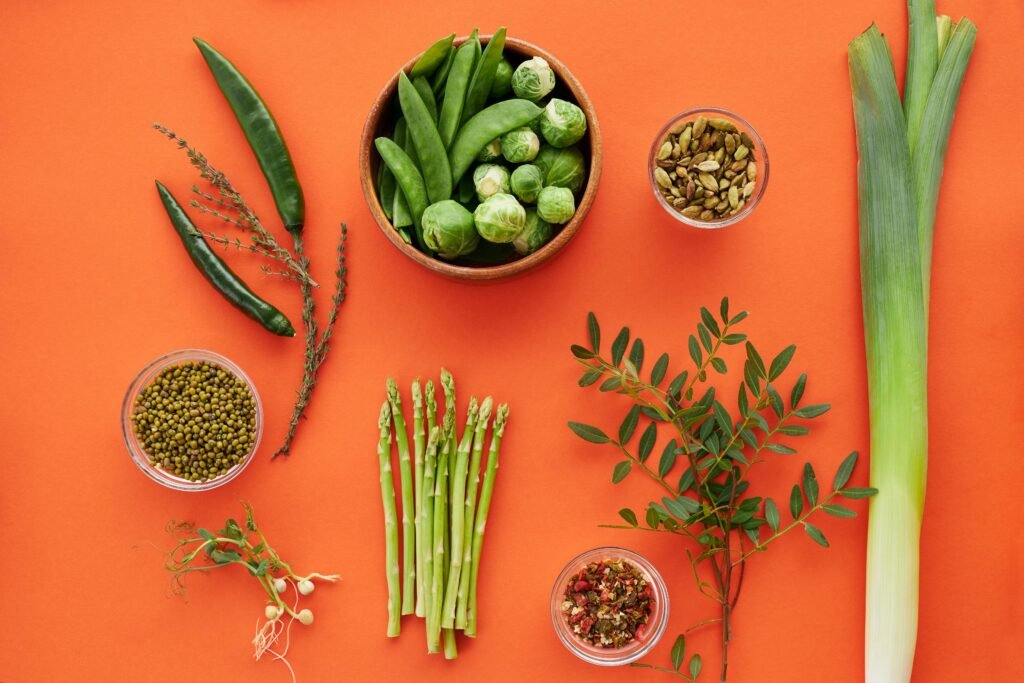
Conclusion
Embracing the Mediterranean diet is more than just a change in eating habits; it’s a step towards a healthier lifestyle. These10 foods are not only delicious but also fulfill with essential nutrients that support your overall healthy life. By incorporating these foods into your daily meals, you can enjoy a variety of health benefits, from improved heart health to better digestion. So, why not start today? Transform your diet and experience the vibrant, flavorful world of mediterranean diet.


